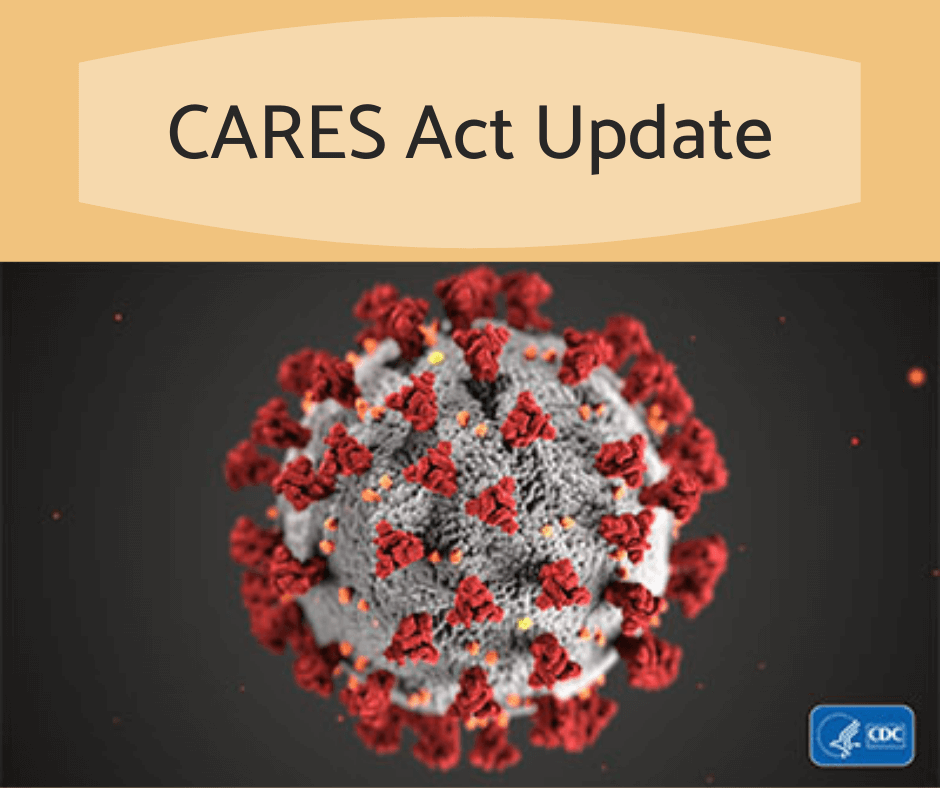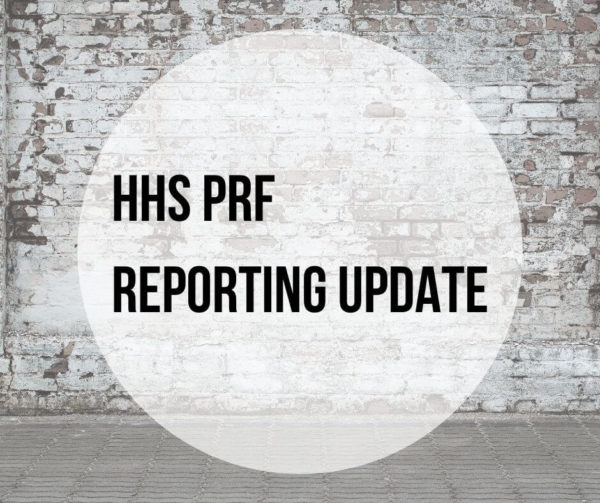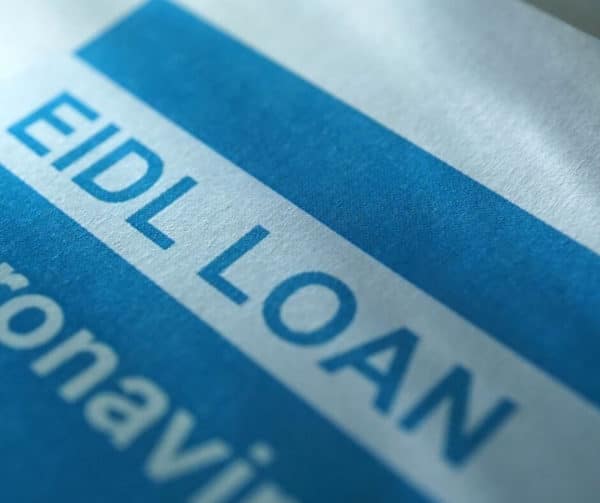Yes, we have known about this since the passing of the CARES Act 10 days ago but have been reluctant to mention it. But you’re hearing about it from other sources and we want you to have correct information, so the time has come.
Under the new provisions, if you experience “adverse financial consequences” as a result of the coronavirus situation, which includes office closure, you are permitted to take a distribution from your retirement plan of up to $100K and be exempt from the usual 10% early distribution penalty. In addition, if you recontribute the distribution within 3 years of receiving it, you will avoid tax on the distribution entirely. If you choose not to recontribute, the distribution will be treated as income ratably over the 3 year period after receipt of the funds and subject to ordinary tax. Eligible retirement plans include IRAs, SEPPs, 401Ks, Profit Sharing Plans, and a few others.
While this provision can be very helpful if used properly, it can also be risky. If you take an ordinary loan from a bank, you will be forced to pay it back or suffer adverse consequences. No one is going to force you to pay this back. Yes, you will take a tax hit if you don’t; but it won’t negatively impact your credit rating and no one will come for your assets. Paying it back will be entirely up to your self-discipline. But failure to recontribute the funds could cost you years of financial security as you near retirement age. Additionally you will be missing out on market growth over the time period in which you don’t have these funds invested. For these reasons, we generally recommend you exhaust other financing options before going down this road.
In addition to the loosened distribution provisions, if your retirement plan allows loans to be taken against it, the maximum loan allowed has been increased from $50K to $100K.




